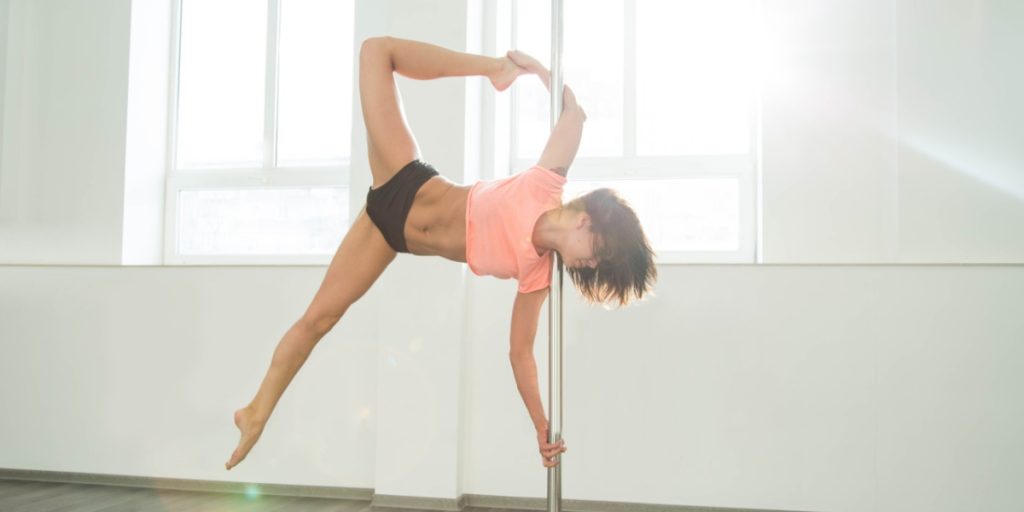As pole dancing eyes the Olympic stage, enthusiasts and professionals grapple with the balance between global recognition and preserving the essence of their sport.
Others are reading now
As the Paris Games prepare to welcome breaking as an Olympic sport, the pole dancing community casts its eyes towards the future, contemplating the possibility of Olympic glory. This aspiration, however, comes with its own set of challenges, notably the risk of compromising the discipline’s intrinsic spirit in pursuit of broader acceptance.
From Cabaret to Global Stage
Once synonymous with cabarets and strip clubs, pole dancing has pirouetted into the spotlight of competitive sports, thanks to its recognition by the Global Association of International Sports Federation (GAISF) in 2017. Named after famous strippers, moves like the Jade Split and Marion Amber highlight the sport’s physically demanding nature and its rich, albeit controversial, heritage.
In the heart of Paris, The Wild Pole studio exemplifies this evolution. Here, traditional strippers in high heels share the space with those seeking fitness, alongside an increasing number of men embracing the pole.
Elodie Katze, co-founder of Wild Pole Studio, emphasizes the importance of acknowledging the discipline’s origins: “I find it’s a pity that someone would want to dissociate the origin of the discipline and the sport itself. Because if it is a sport now, it is because cabaret dancers were the first to give pole dancing lessons.”
Also read
Olympic Aspirations and the Path Ahead
The road to Olympic inclusion is long and winding. Charles Ferreira, president of the French Dancing Federation, suggests a timeline of a decade: “For this to work it needs a social media presence, it needs to reach a young audience,” he told Reuters.
Despite these hurdles, the foundation is laid, with pole dancing established as a bona fide sport. Instructor Clara Pauchet sees a direct parallel between pole dancing and Olympic gymnastics, arguing for its place in the Olympic roster based on the physicality and discipline required.
The Double-Edged Sword of Olympic Recognition
While Olympic inclusion could validate pole dancing as a legitimate sport and catalyze growth, there are concerns about losing the essence of the discipline.
Anna Gorynsztejn, co-owner of Wild Pole Studio, views Olympic recognition as a mixed blessing. It might sanitize the sport’s image, distancing it from its sultry roots, but at the cost of its unique character.
“It is a double-edged sword. It’s true that it’s very good for the discipline because it’s going to legitimise it, even though I don’t like to use that word. In people’s eyes it will make it less sultry. But this is part of the discipline and I don’t want it to be codified and have people tell me how it should be done. The risk is that we lose our soul,” Gorynsztejn remarks.


